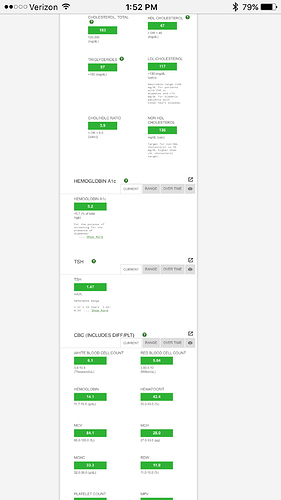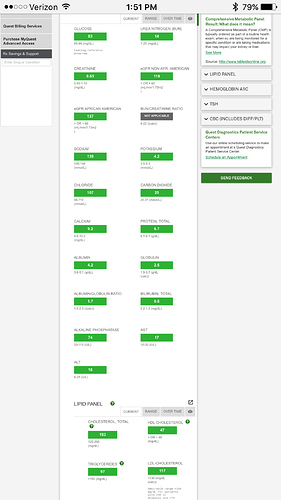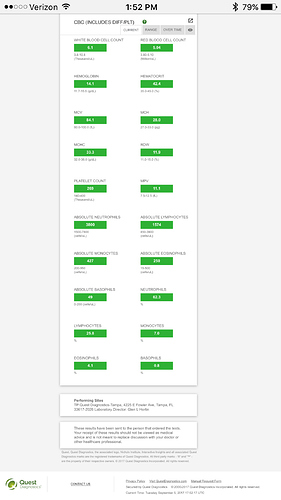So I recently switched doctors and I think I should do it again. I left my doctor’s office confused to say the least. I had my blood work done in June before starting back on keto and everything was normal. I’ve been noticing high fasting glucose levels (I bought a ketone meter and decided to test it out). My fasting BG is 105-117 but it’s in low 90’s after lunch. My doctor said high glucose is common in muscular men  I’m a chubby woman. Also my ketone levels are really low 0.3-0.7 the most. I’ve posted about it and I’m cutting down my carbs to see if it will help. I’m not in to fasting just yet. My main question is why my fasting BG is higher than daytime numbers. My doctor didn’t really answer my question. Any theories?
I’m a chubby woman. Also my ketone levels are really low 0.3-0.7 the most. I’ve posted about it and I’m cutting down my carbs to see if it will help. I’m not in to fasting just yet. My main question is why my fasting BG is higher than daytime numbers. My doctor didn’t really answer my question. Any theories?
I’m not asking for diagnosis, I’m asking for opinions



